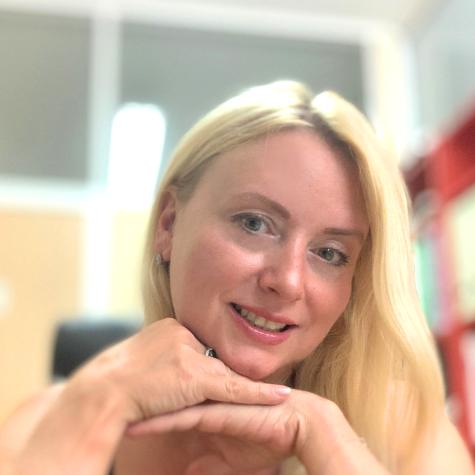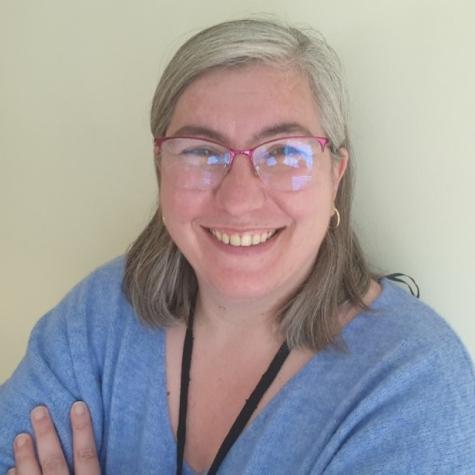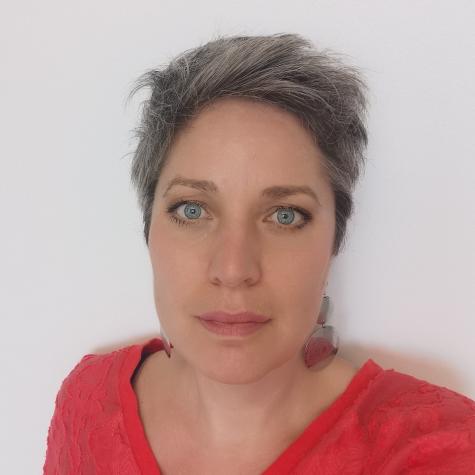
Research Overview
Sporadic ALS, the most common form (~90% of cases), arises from complex interactions between genetic predisposition and environmental factors, contributing to epigenetic dysregulation. Among these, modifications in genomic regulatory elements are believed to play a critical role in disease progression, impacting key cellular processes such as neuroinflammation, oxidative stress, and apoptosis.
ABRI’s research explores the role of epigenetic mechanisms in ALS pathogenesis, employing cutting-edge sequencing and computational methods to identify patterns of genomic regulation associated with the disease. By integrating multi-scale data analysis and advanced 3D cell models, we aim to uncover tissue-specific epigenetic signatures relevant to ALS progression.
Our approach bridges expertise in clinical research, bioinformatics, and disease modeling, leveraging in vitro systems to investigate ALS-related alterations. By combining insights from computational analysis and experimental models, we strive to identify novel biomarkers and mechanistic pathways that may contribute to earlier diagnosis and new therapeutic strategies.
Ultimately, ABRI’s work aims to redefine ALS biomarker research, using data-driven approaches to enhance disease detection and treatment development. By shifting the focus toward epigenetic regulation and systemic biomarkers, our research paves the way for innovative diagnostic tools and potential therapeutic interventions.













